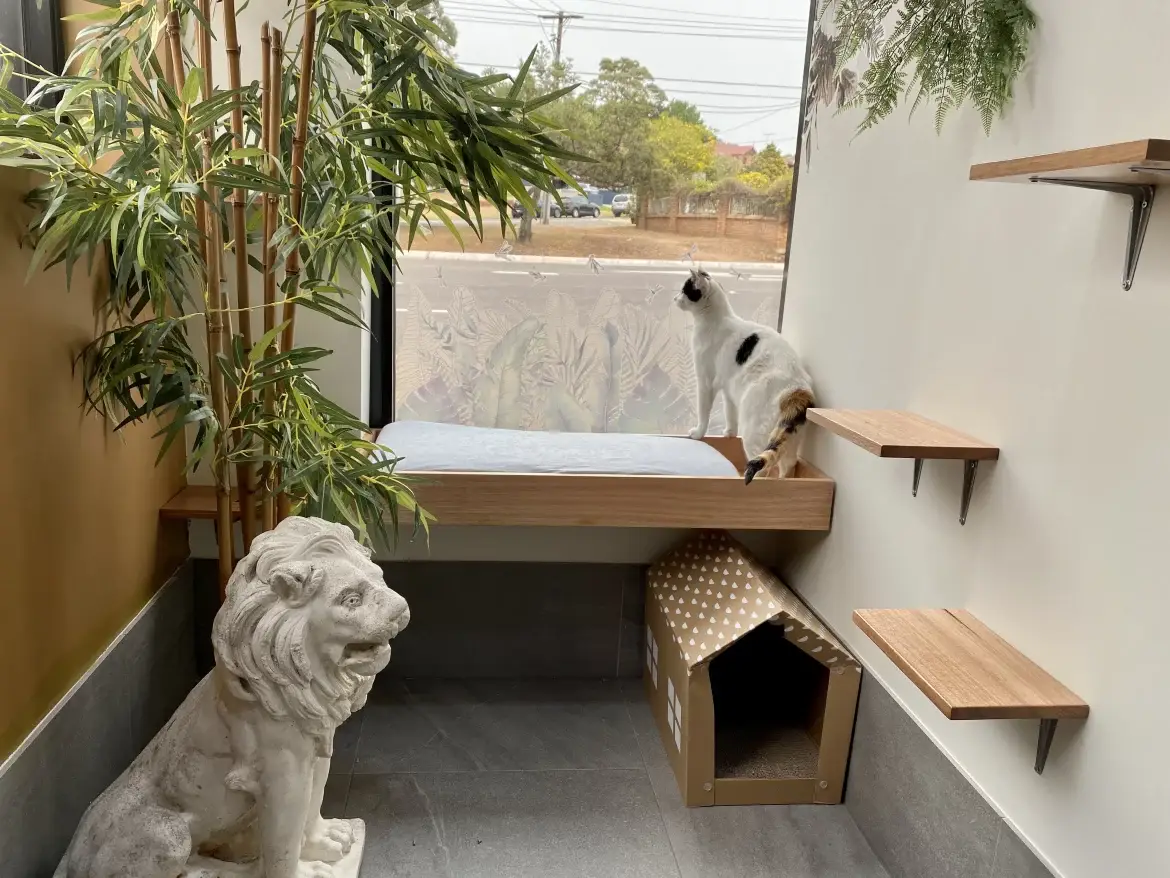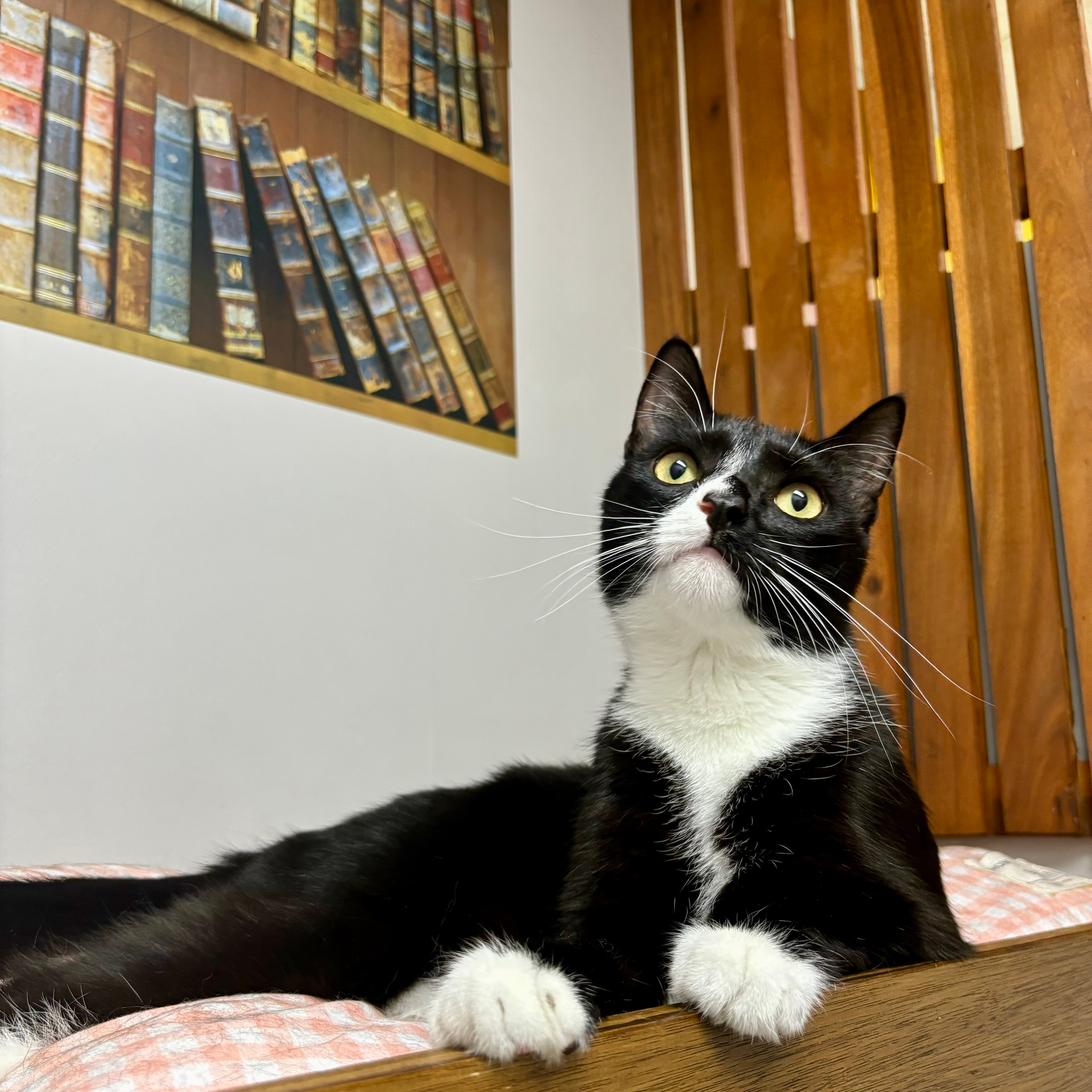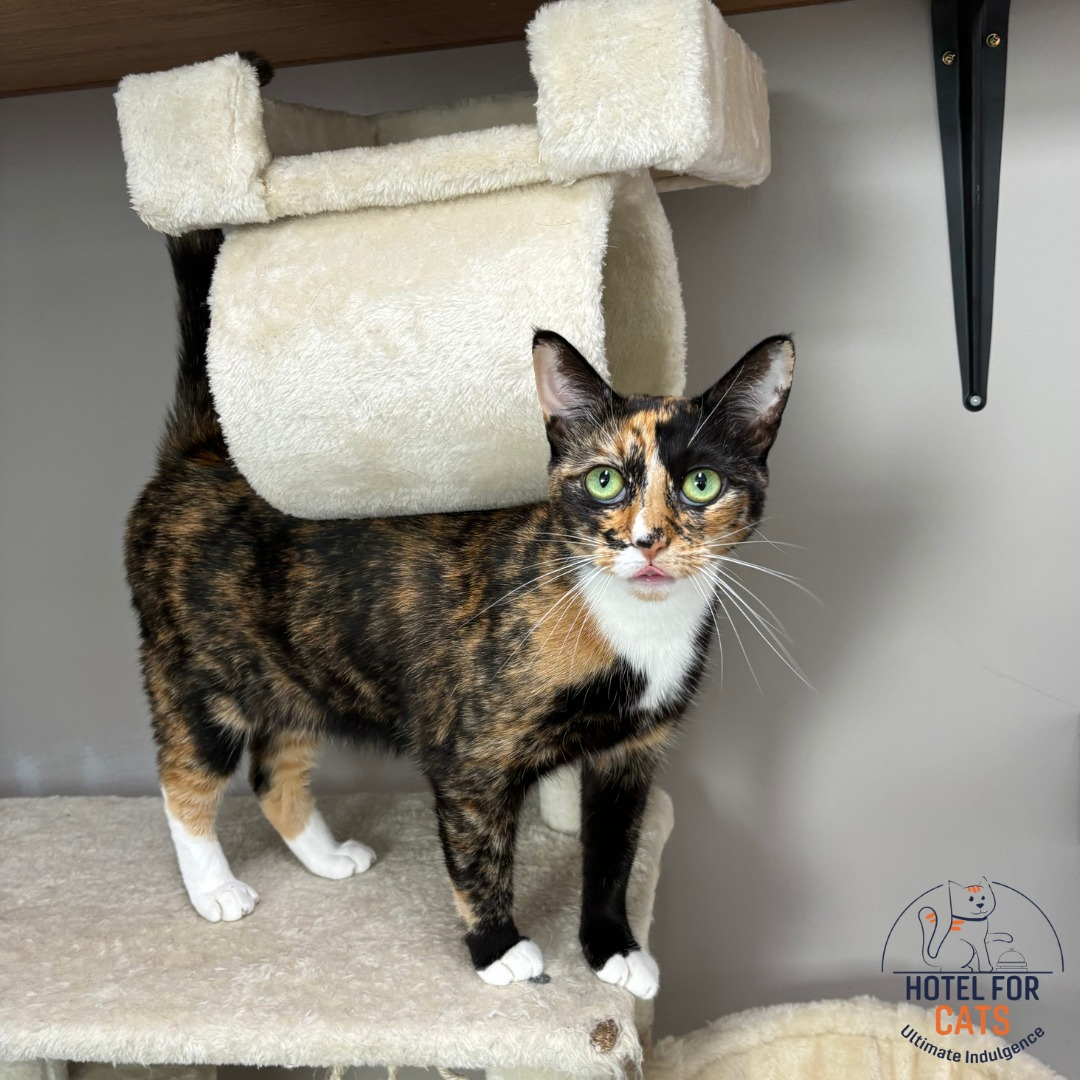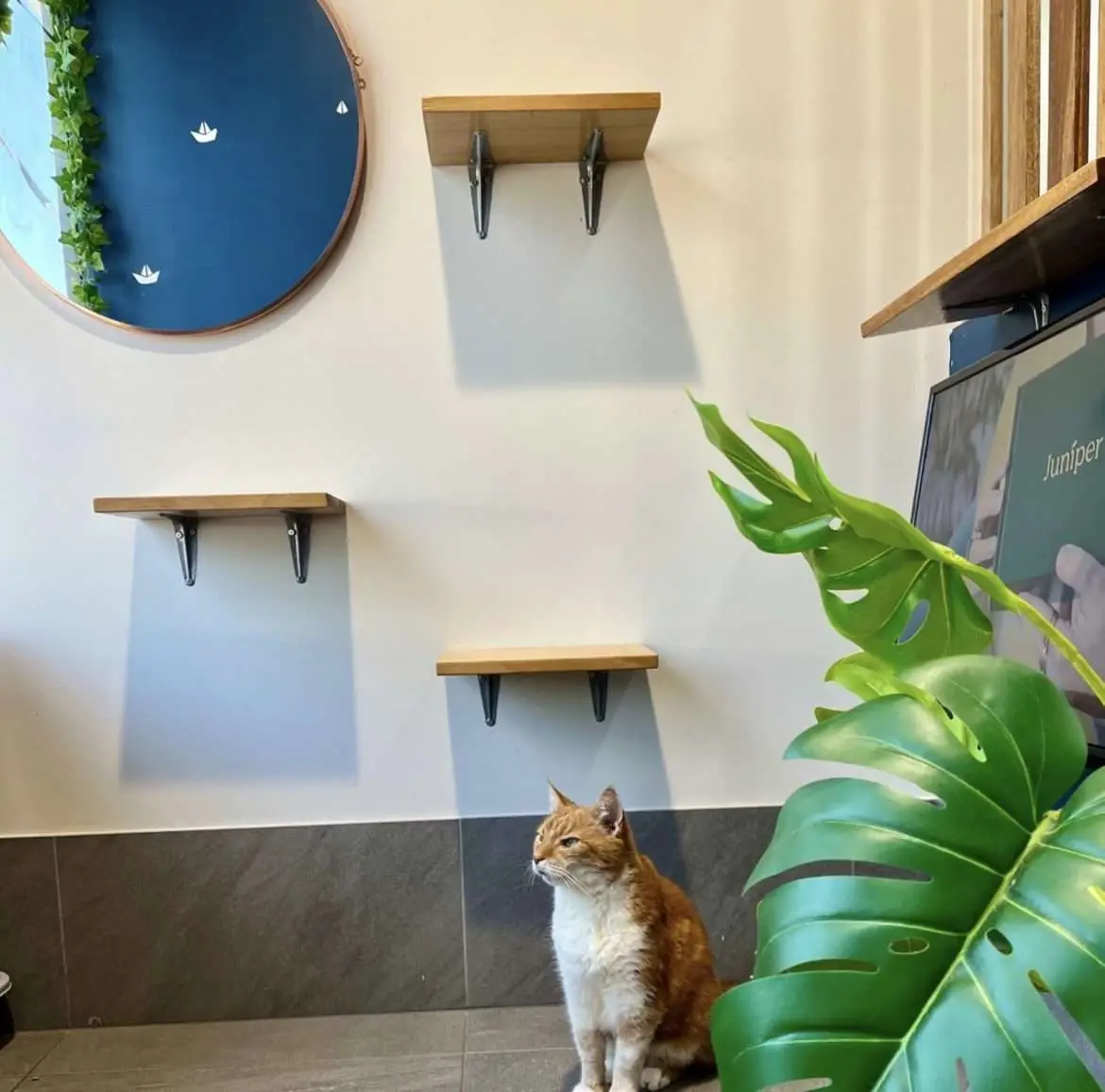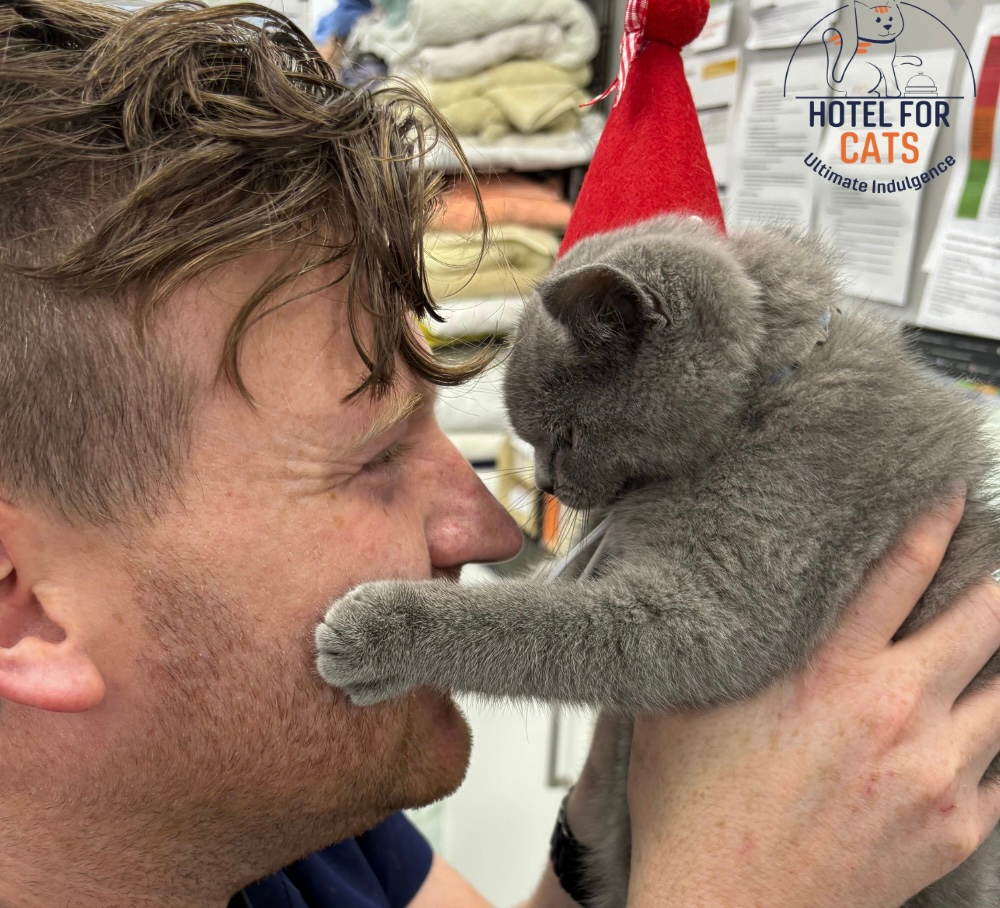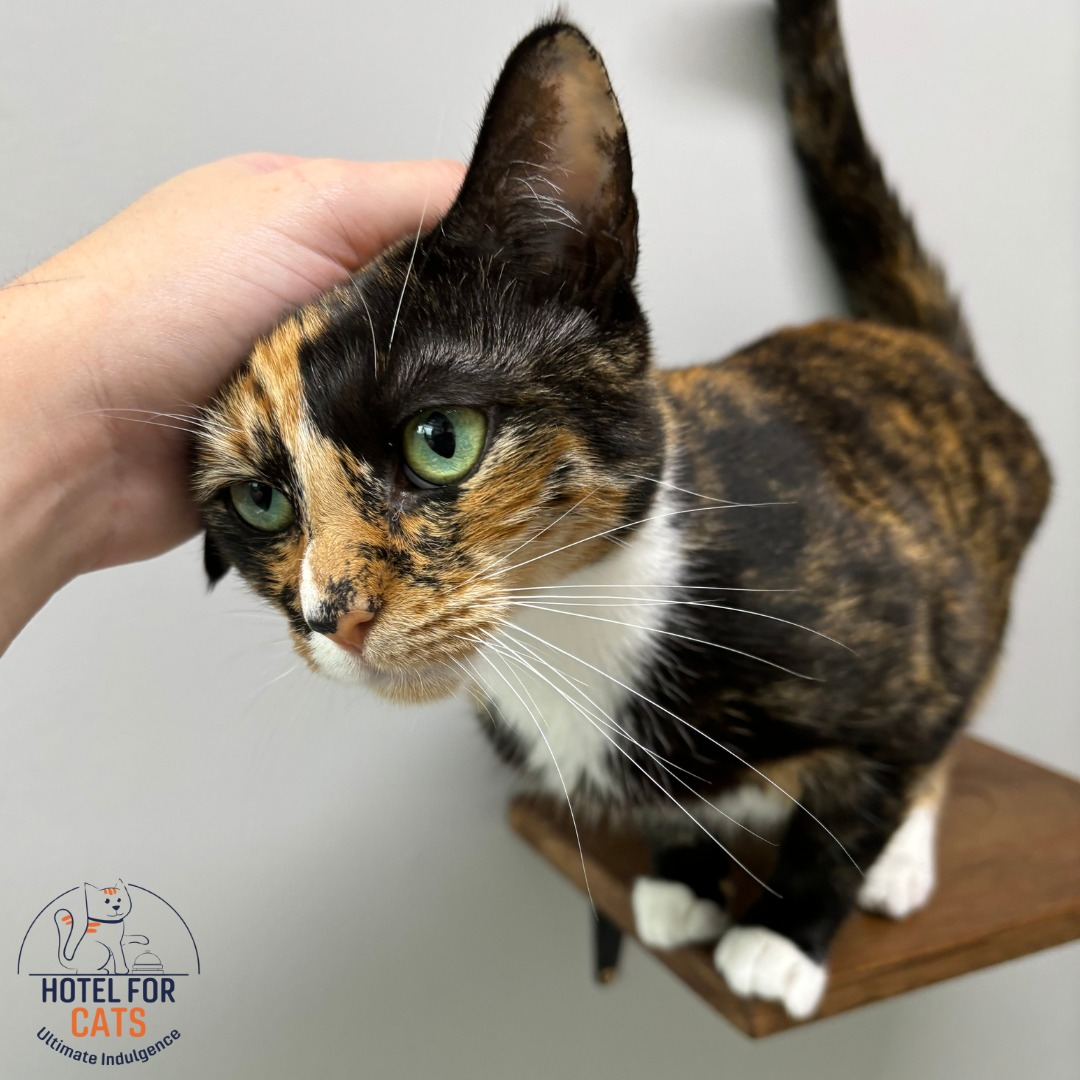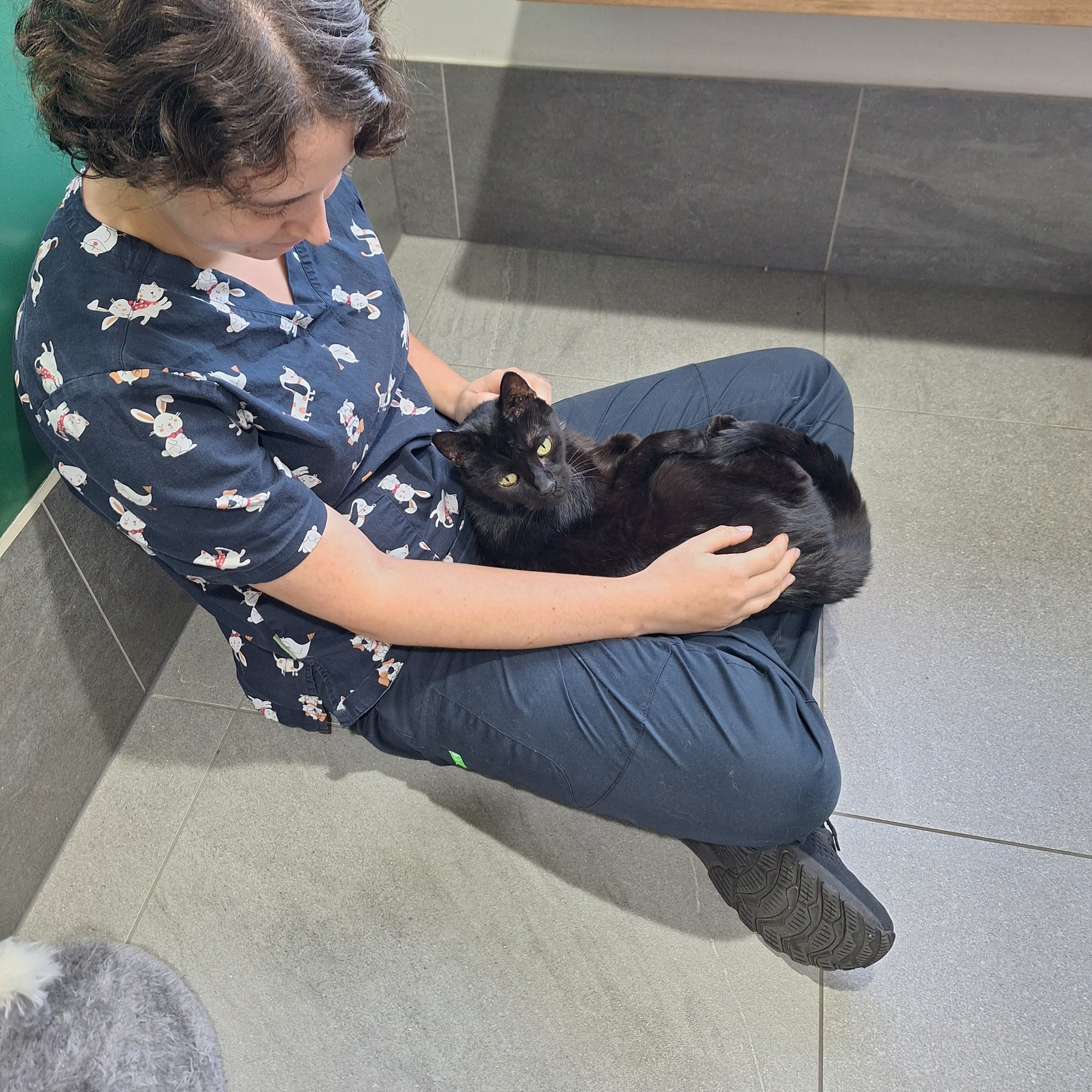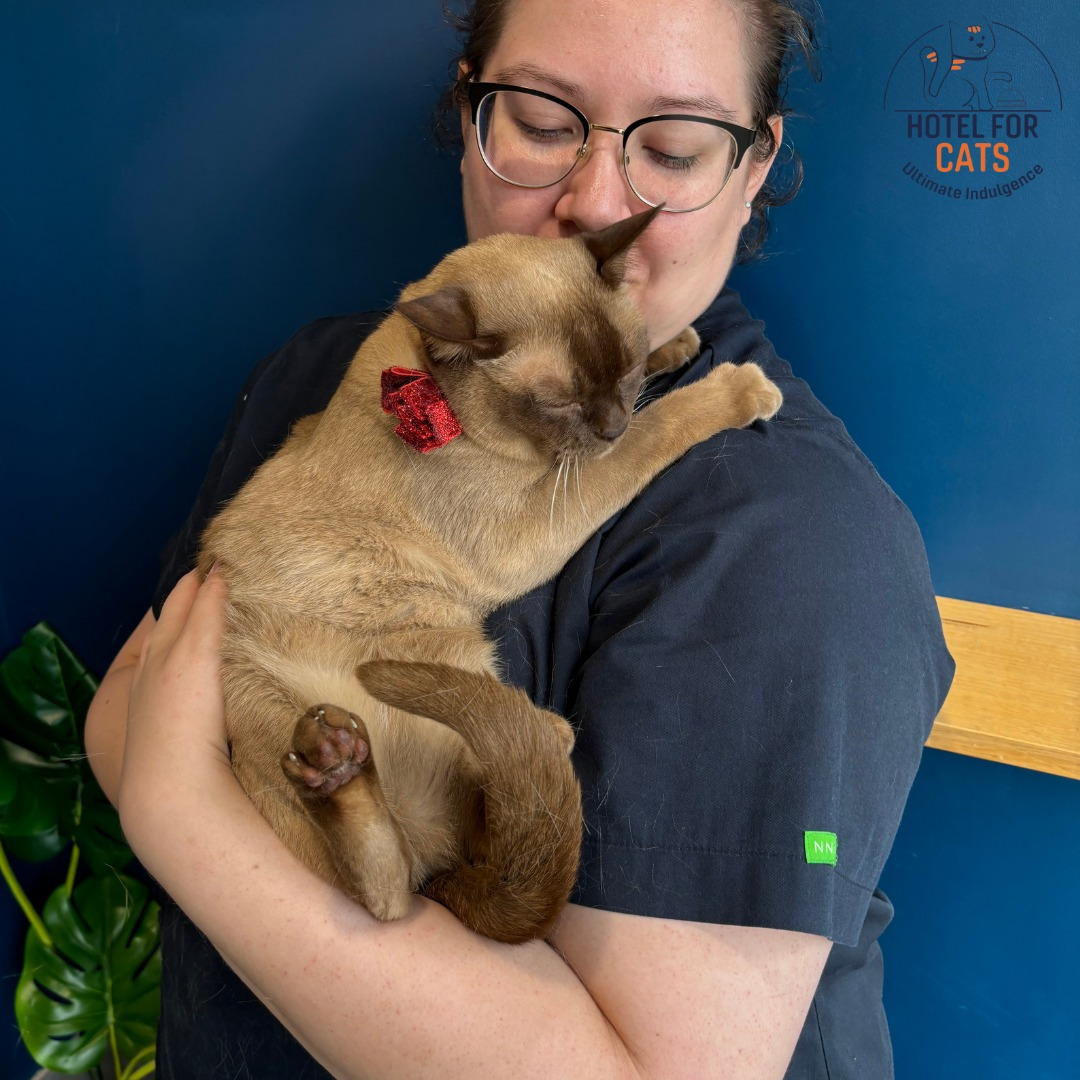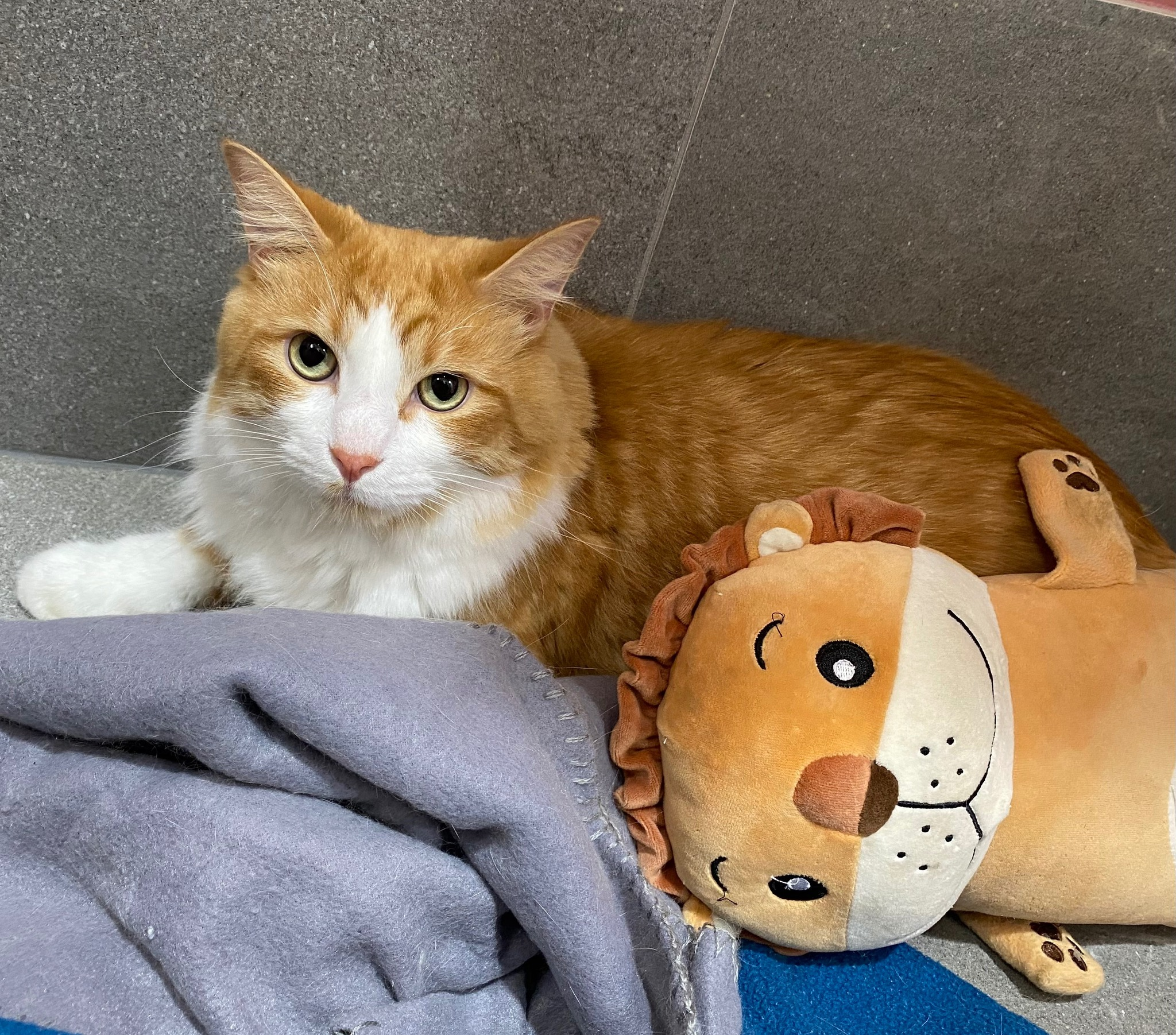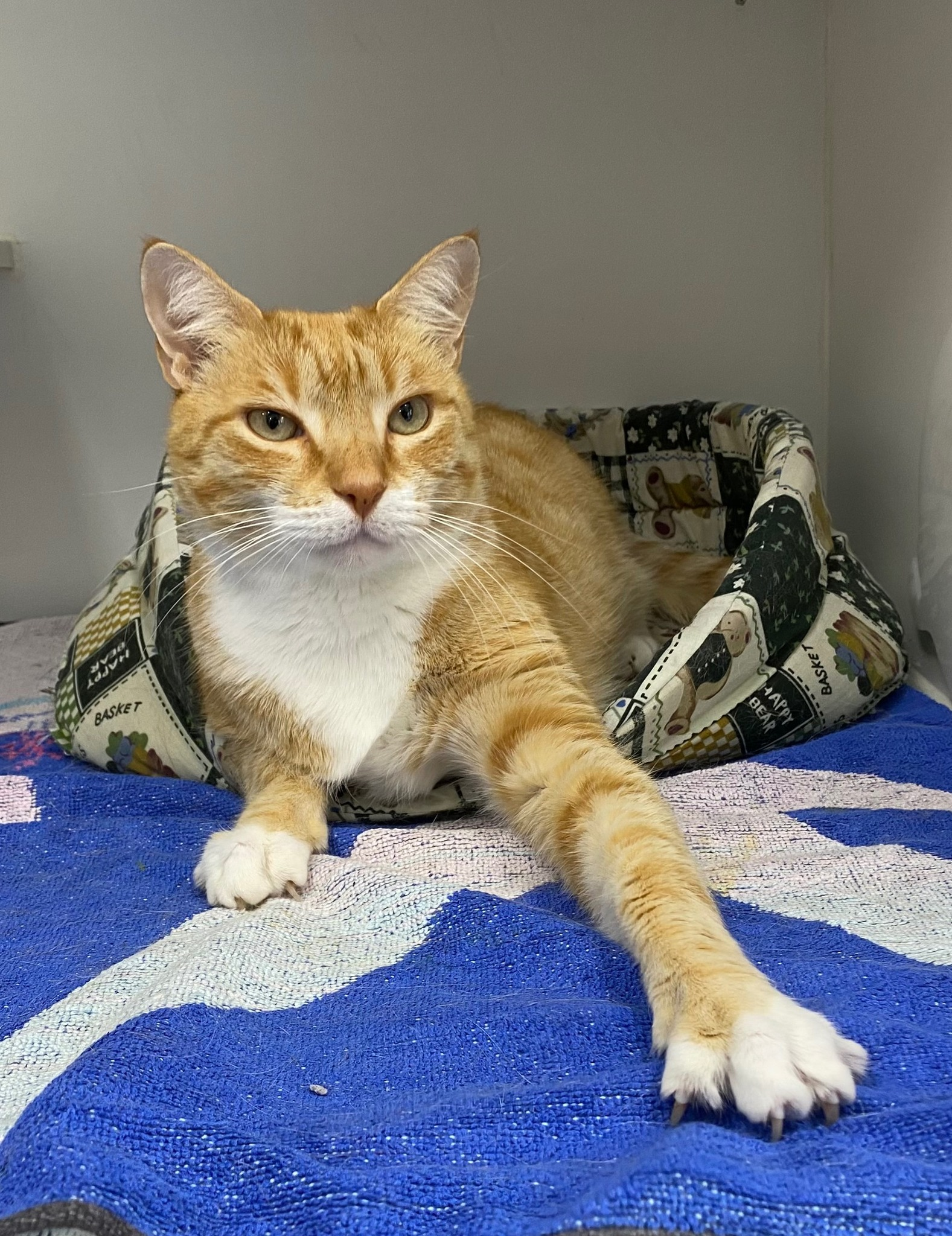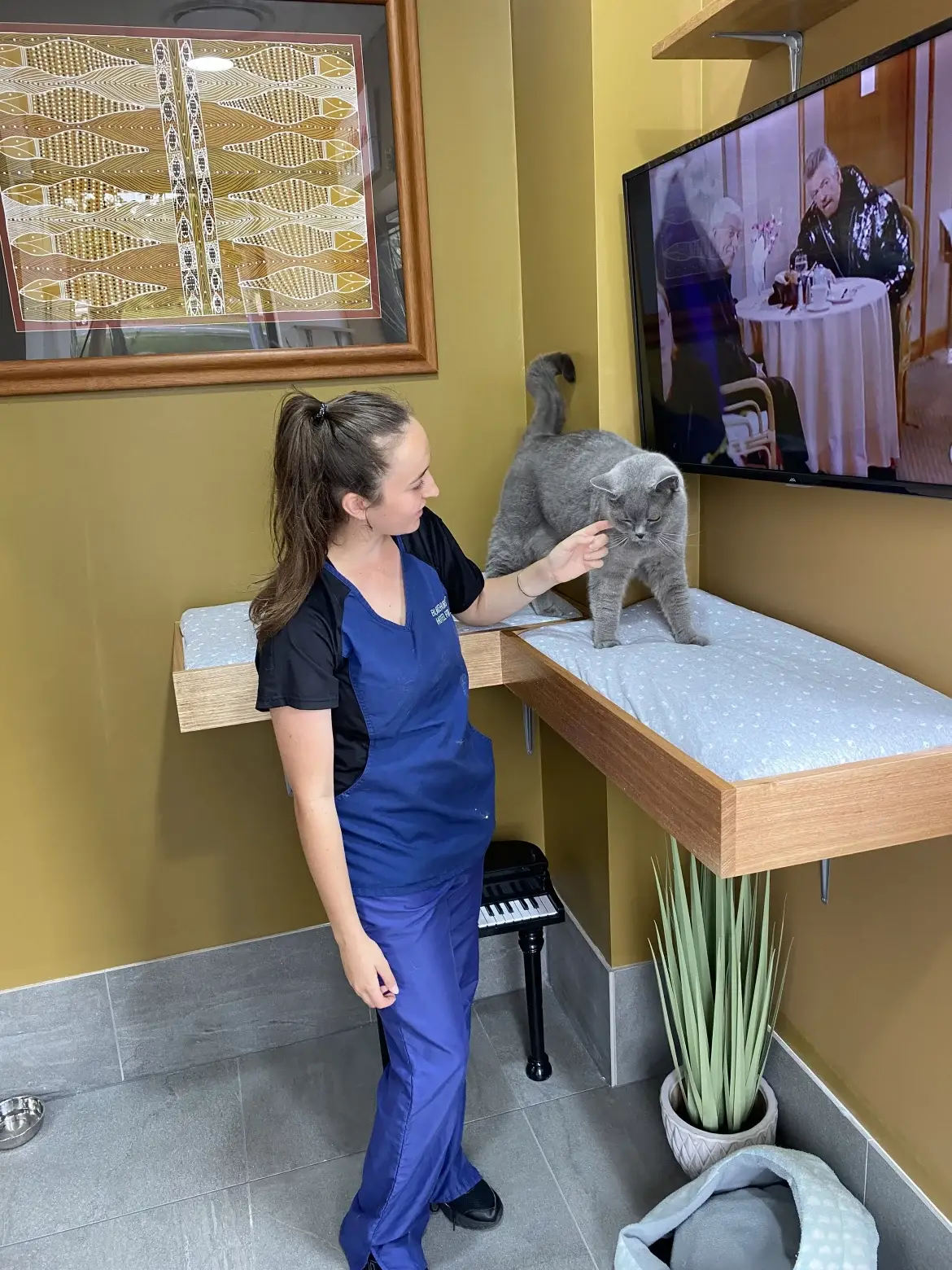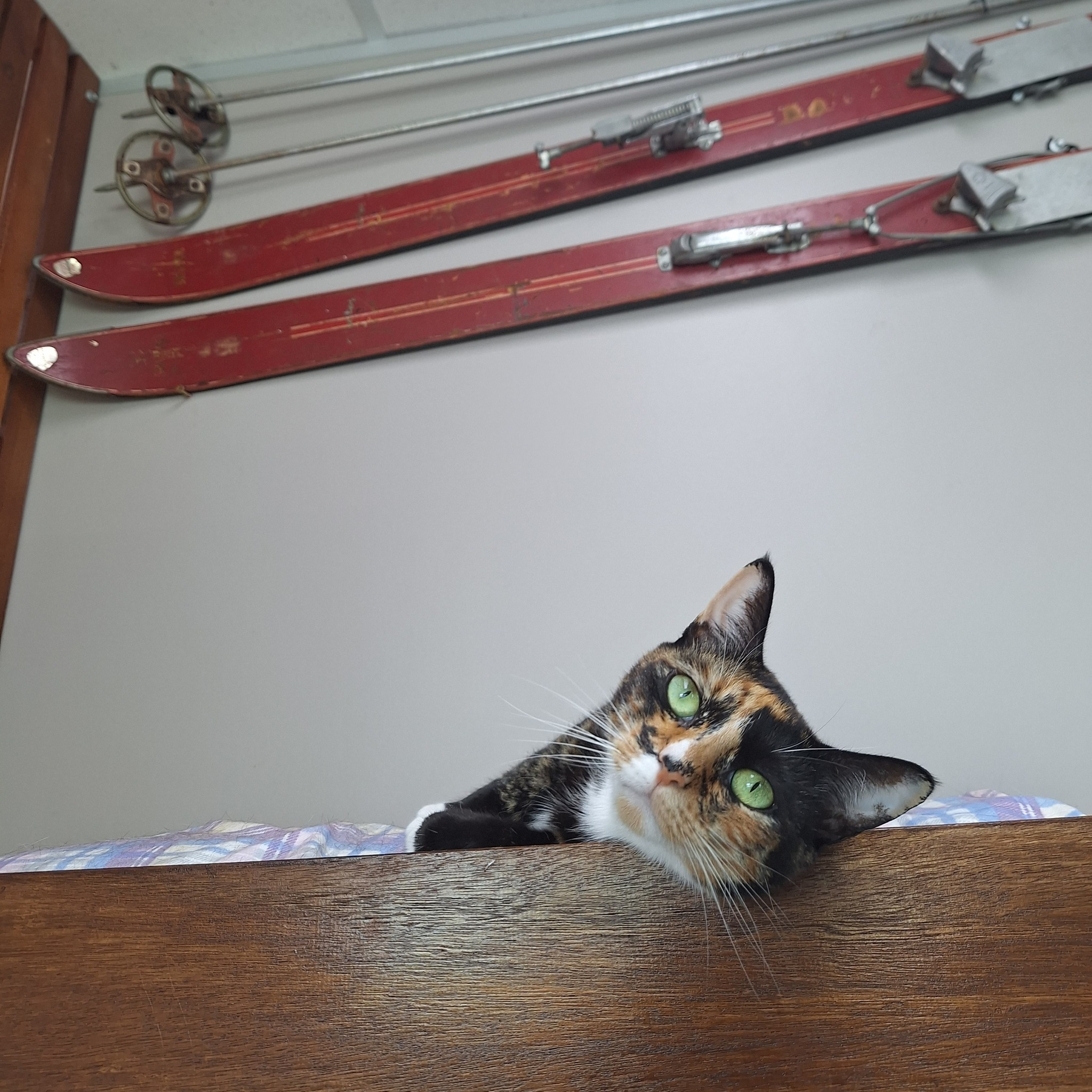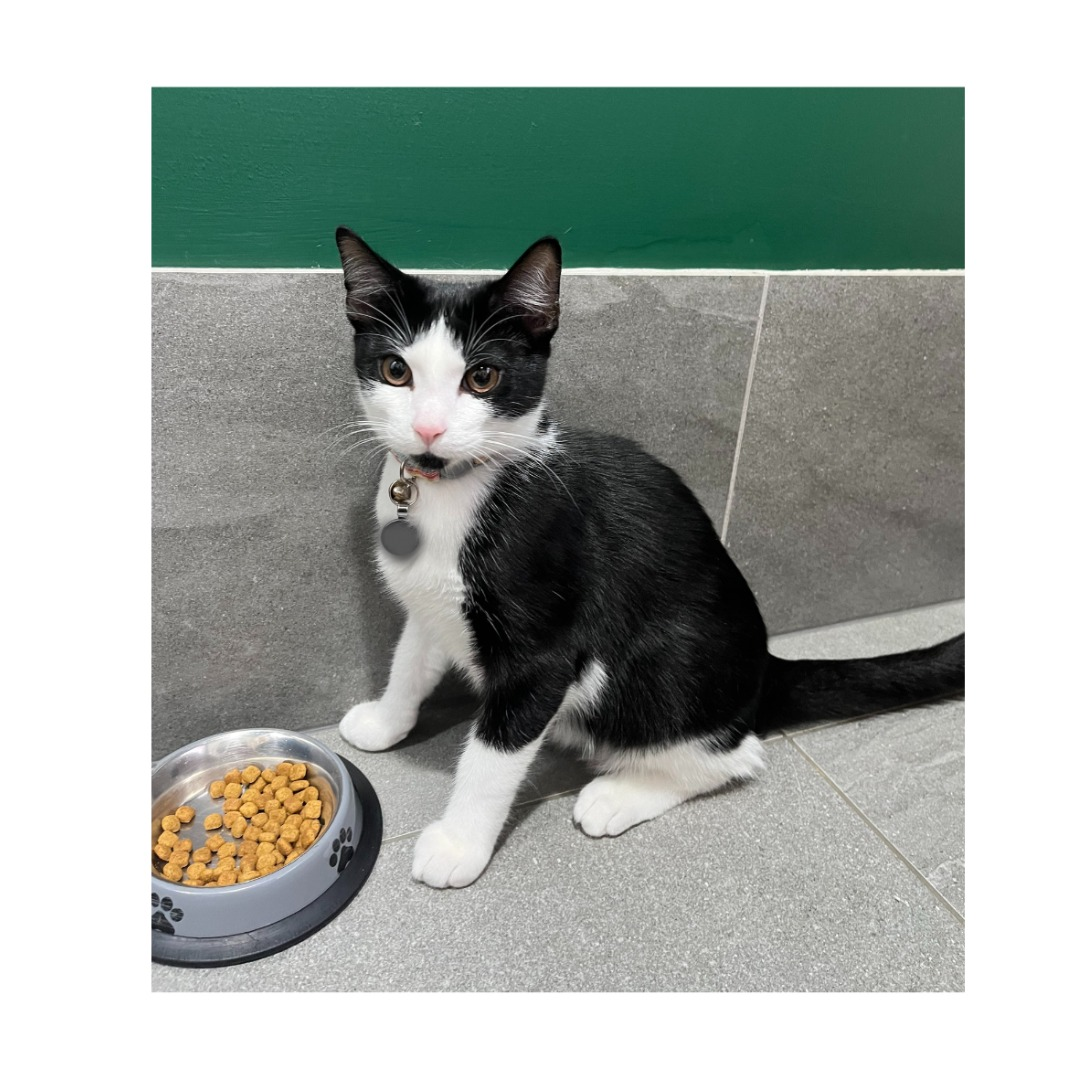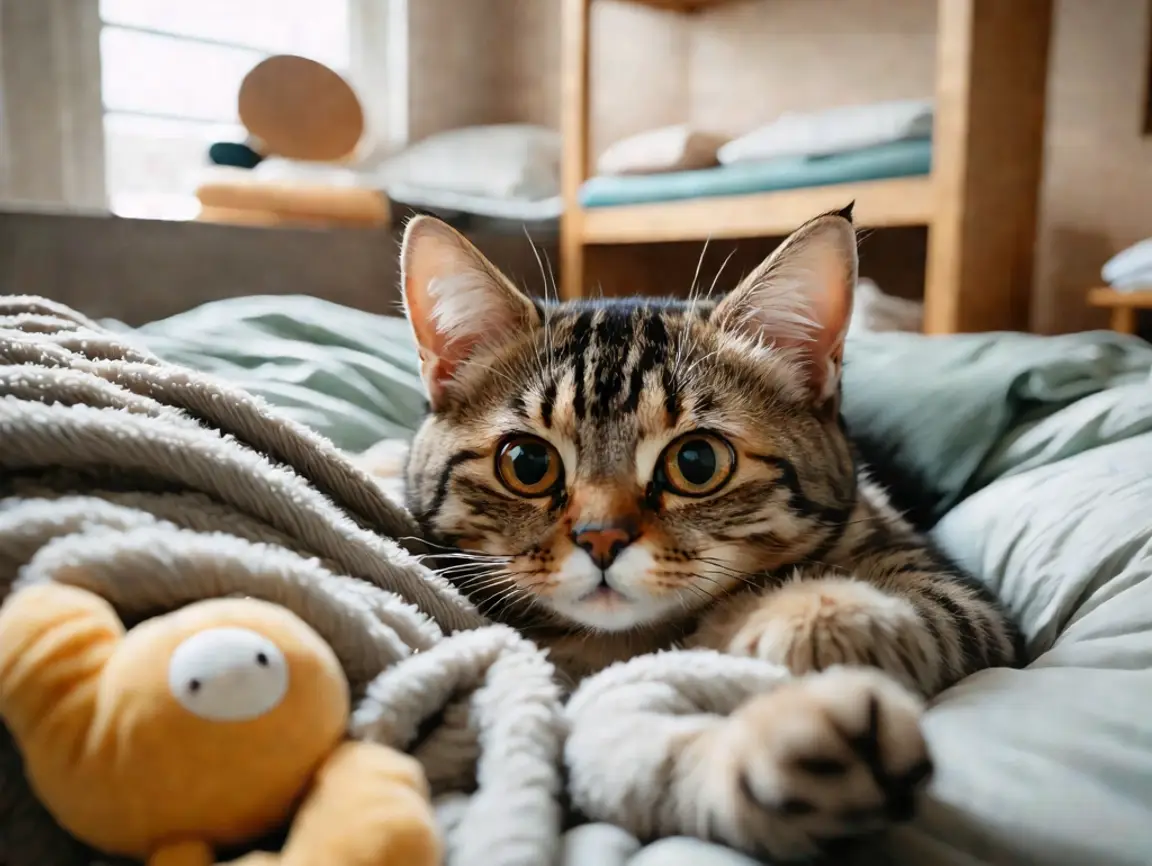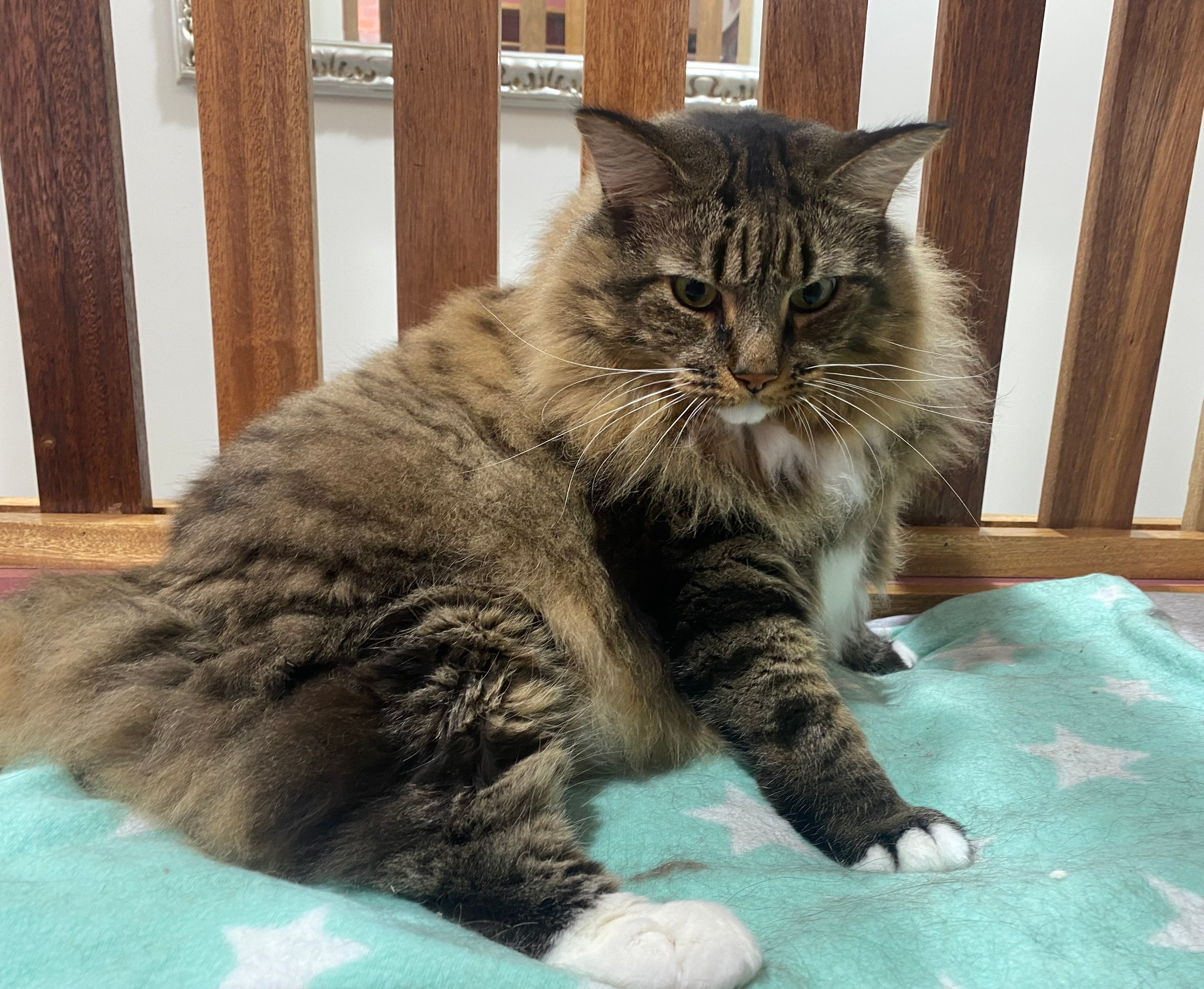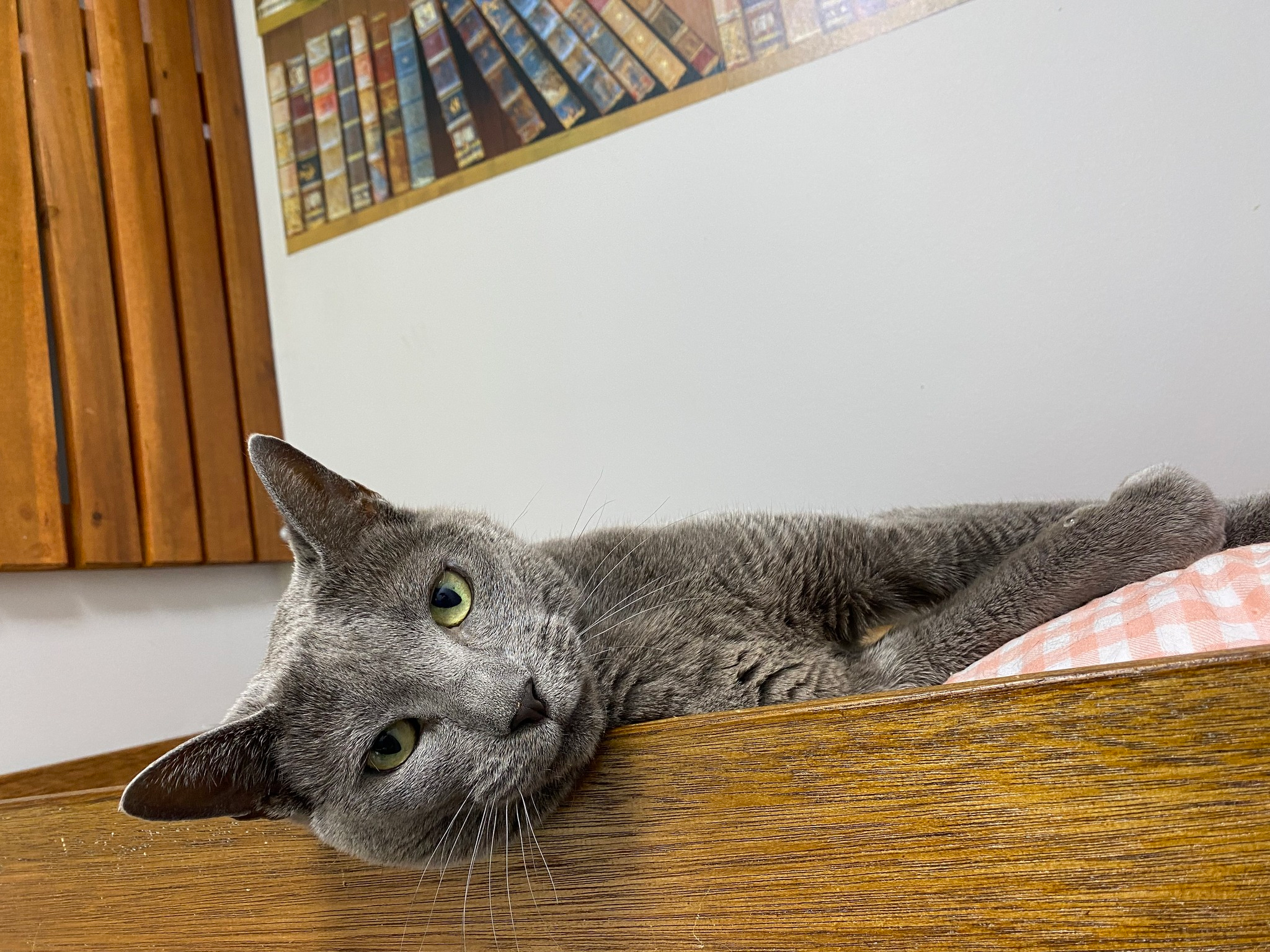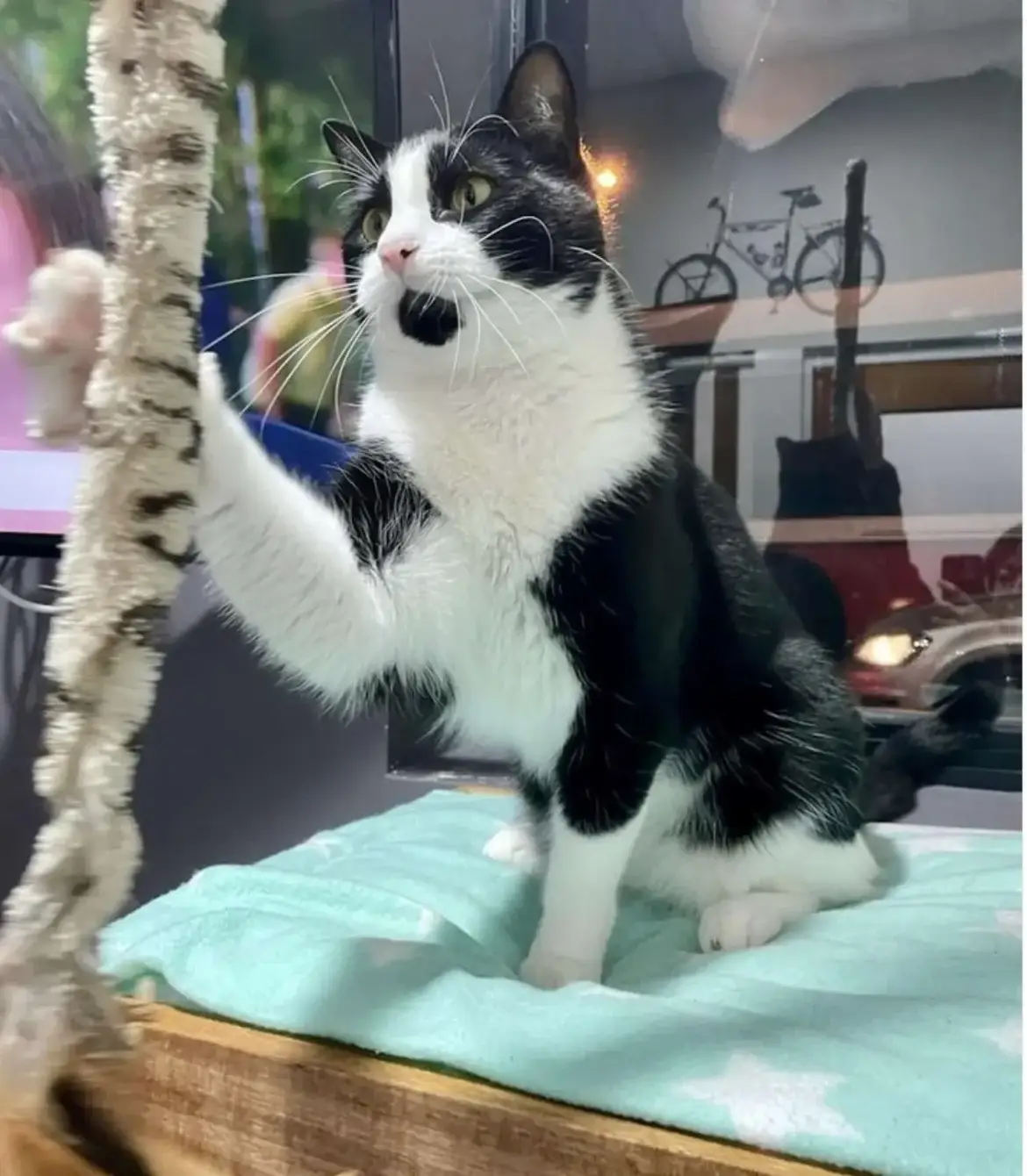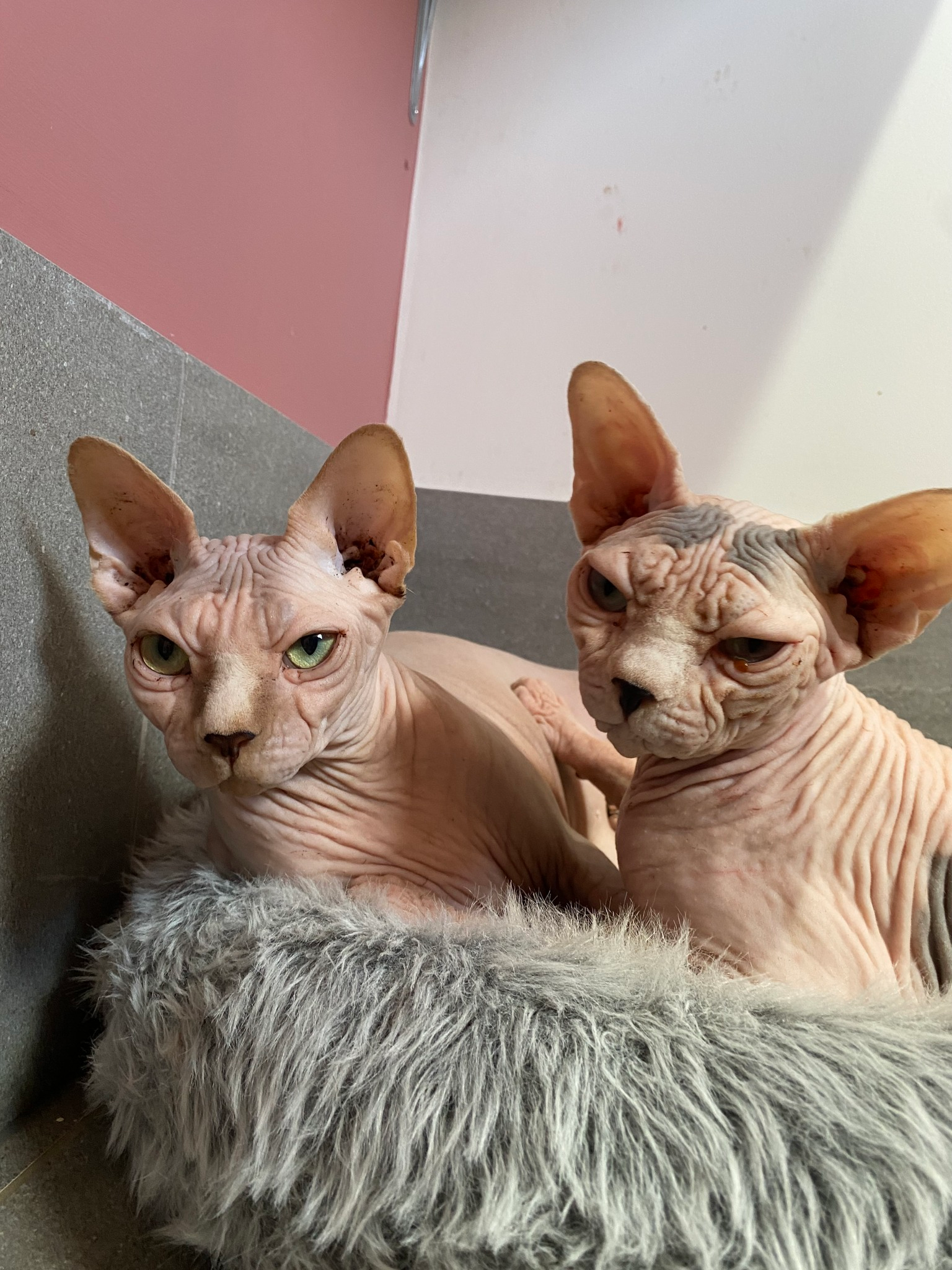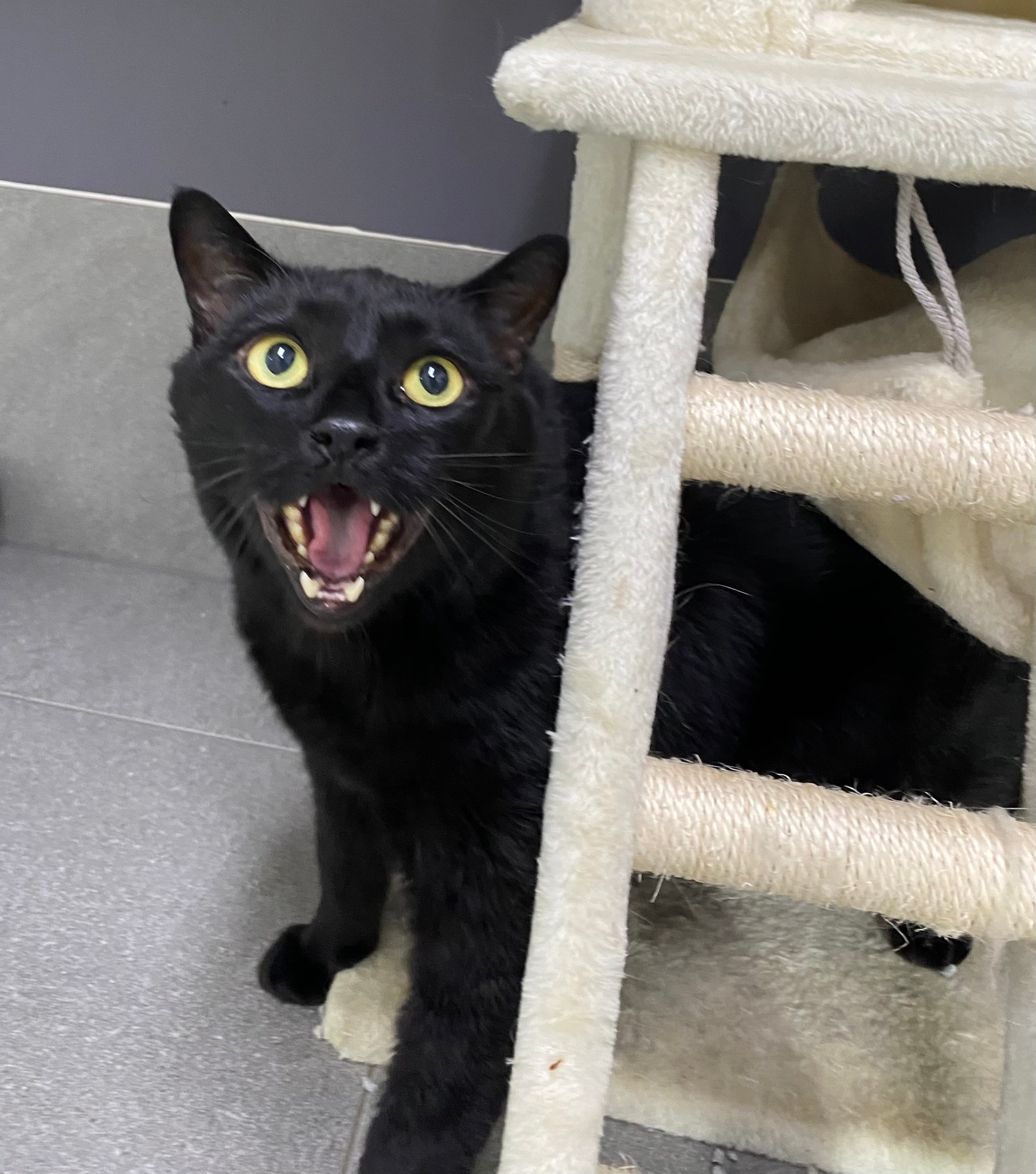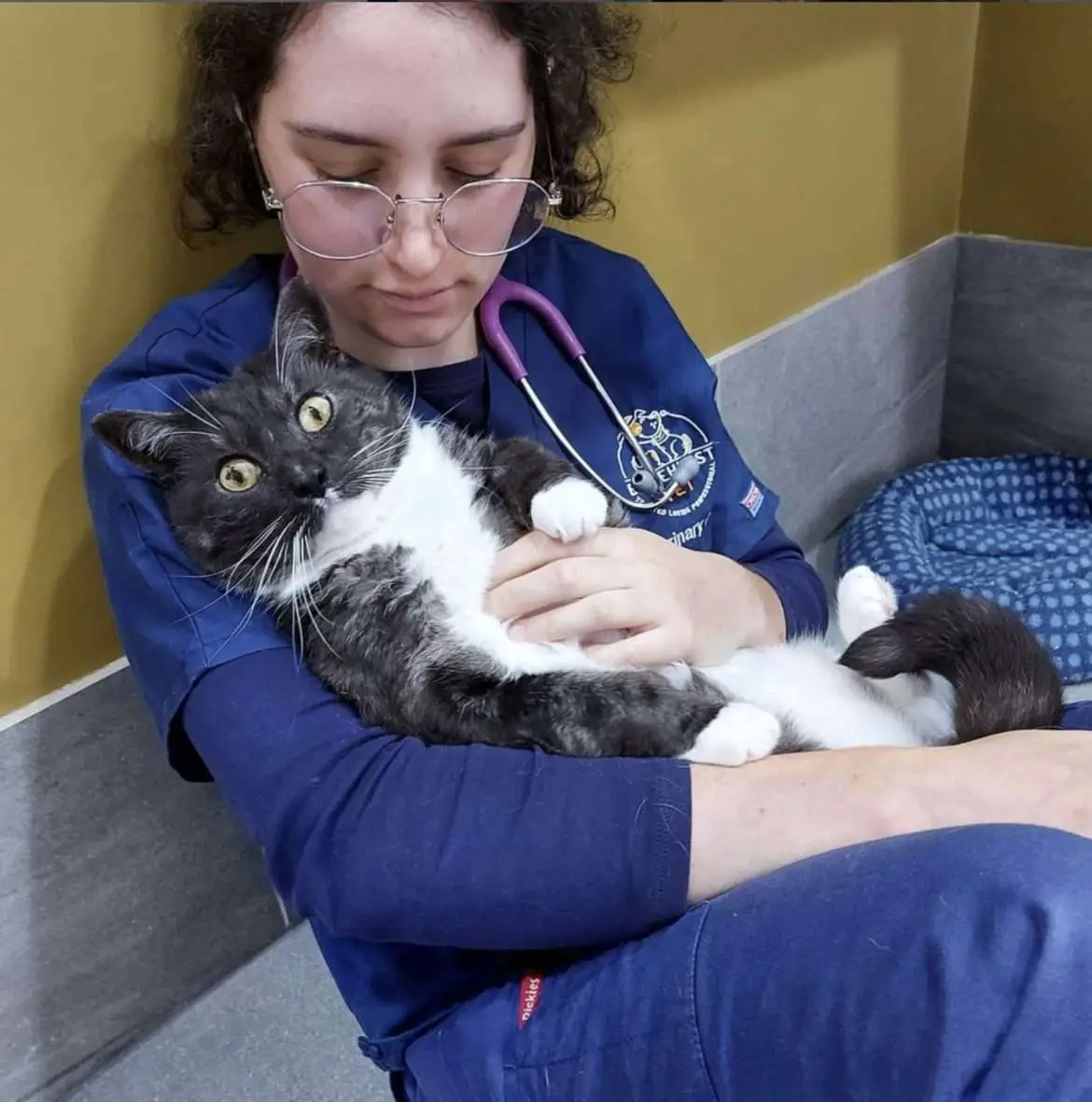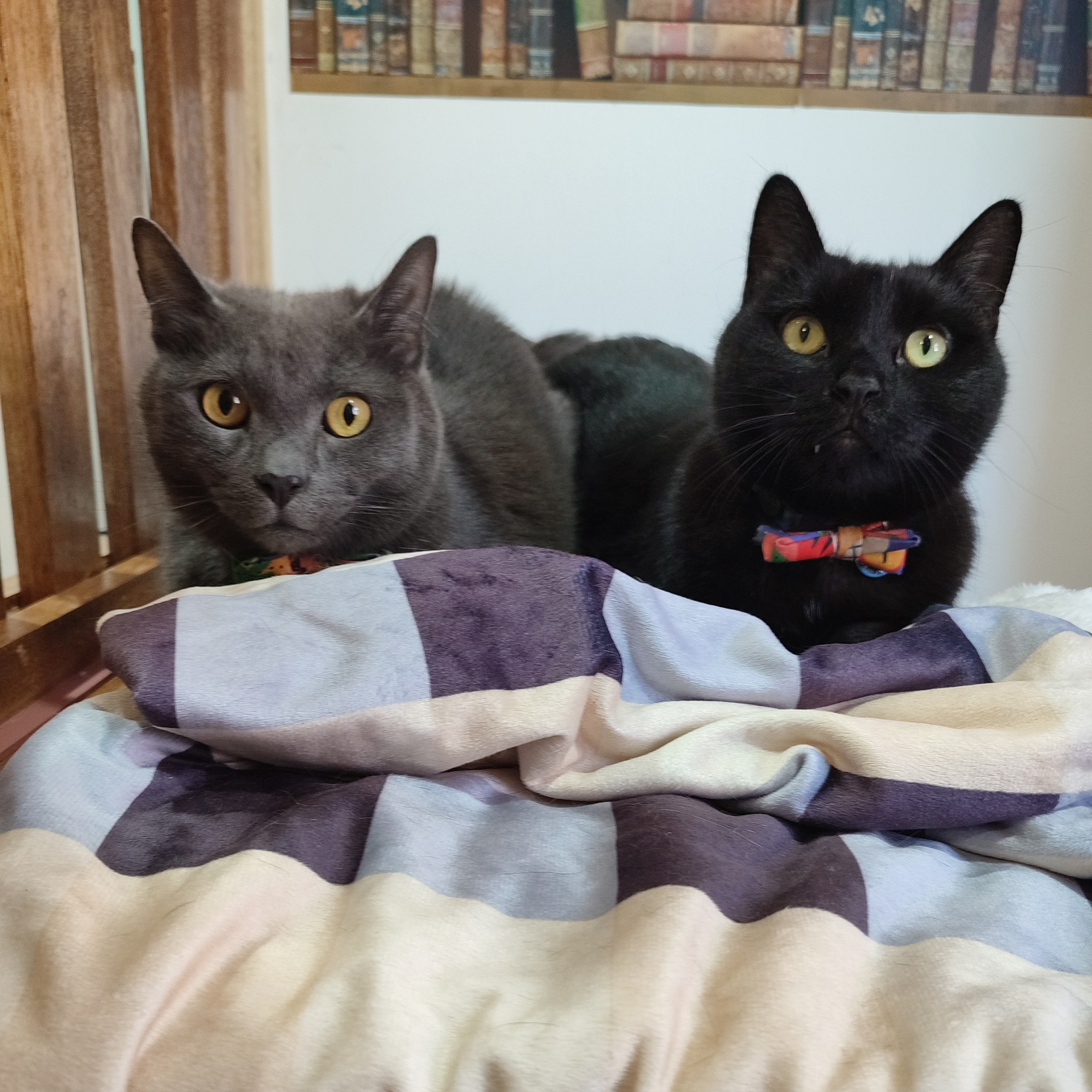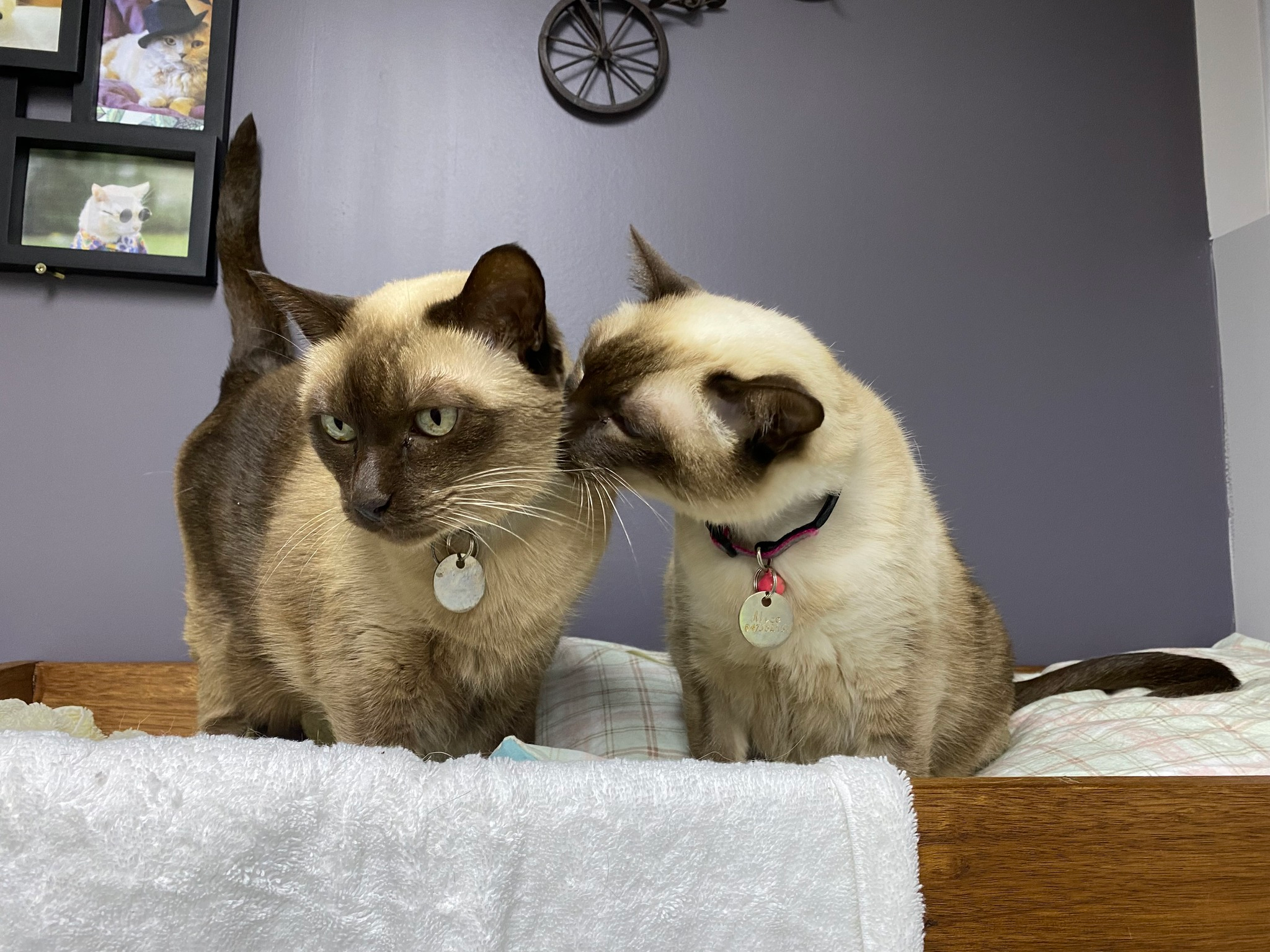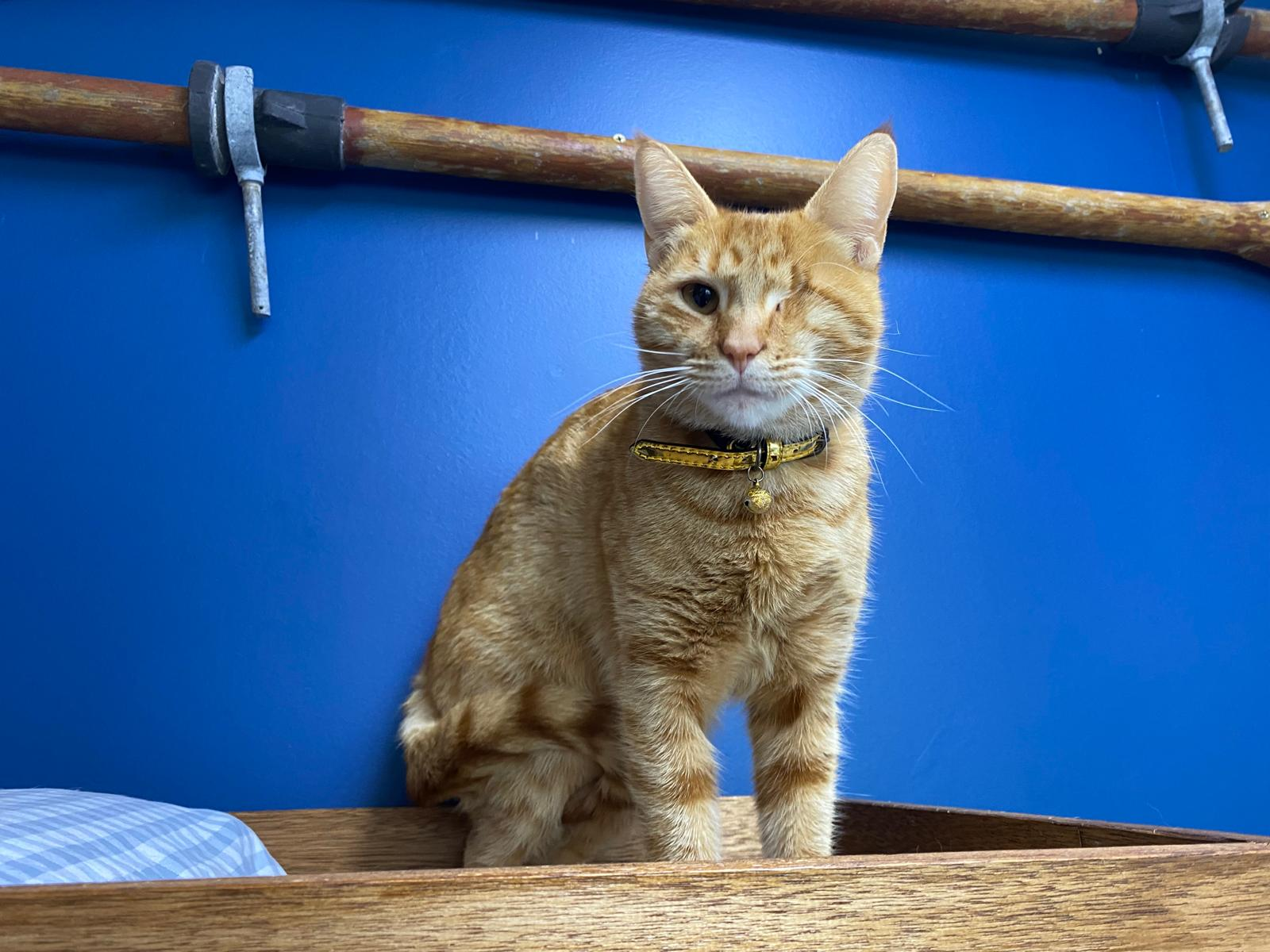Adding a new cat to your household can be an exciting and rewarding experience. However, it is important to take the necessary steps to ensure a smooth transition for both your new feline friend and existing pets. Introducing a new cat into your home requires patience, understanding, and careful planning.
One of the key factors in successfully introducing a new cat is considering the personalities of both cats involved. Some cats may be more social and open to making new friends, while others may prefer their own space. It’s important to factor this in when bringing home a new addition.
In this guide, we will discuss some general tips and techniques on how to introduce a new cat into your home without causing stress or conflict. These strategies can help establish positive relationships between your pets and create a harmonious household for all. So let’s get started!
Why Is It Important To Introduce Your Cat Carefully?
Introducing a new cat to your home can be an overwhelming experience for both the owner and the resident pets. It is crucial to take the time to introduce your cats properly, as a poorly executed introduction can lead to tension, aggression, and stress for all involved.
Cats are territorial by nature and may feel threatened or anxious when faced with a new companion in their space. They may also become aggressive if they feel their territory is being invaded. This can result in destructive behaviour, urine spraying, and even physical altercations between cats.
On the other hand, a successful introduction will create positive relationships between your cats and build trust and companionship over time. With careful planning and patience, you can ensure that your new cat feels welcomed and comfortable in their new home, while also maintaining the peace and harmony among all your pets.
A Complete Guide To Introducing A New Cat
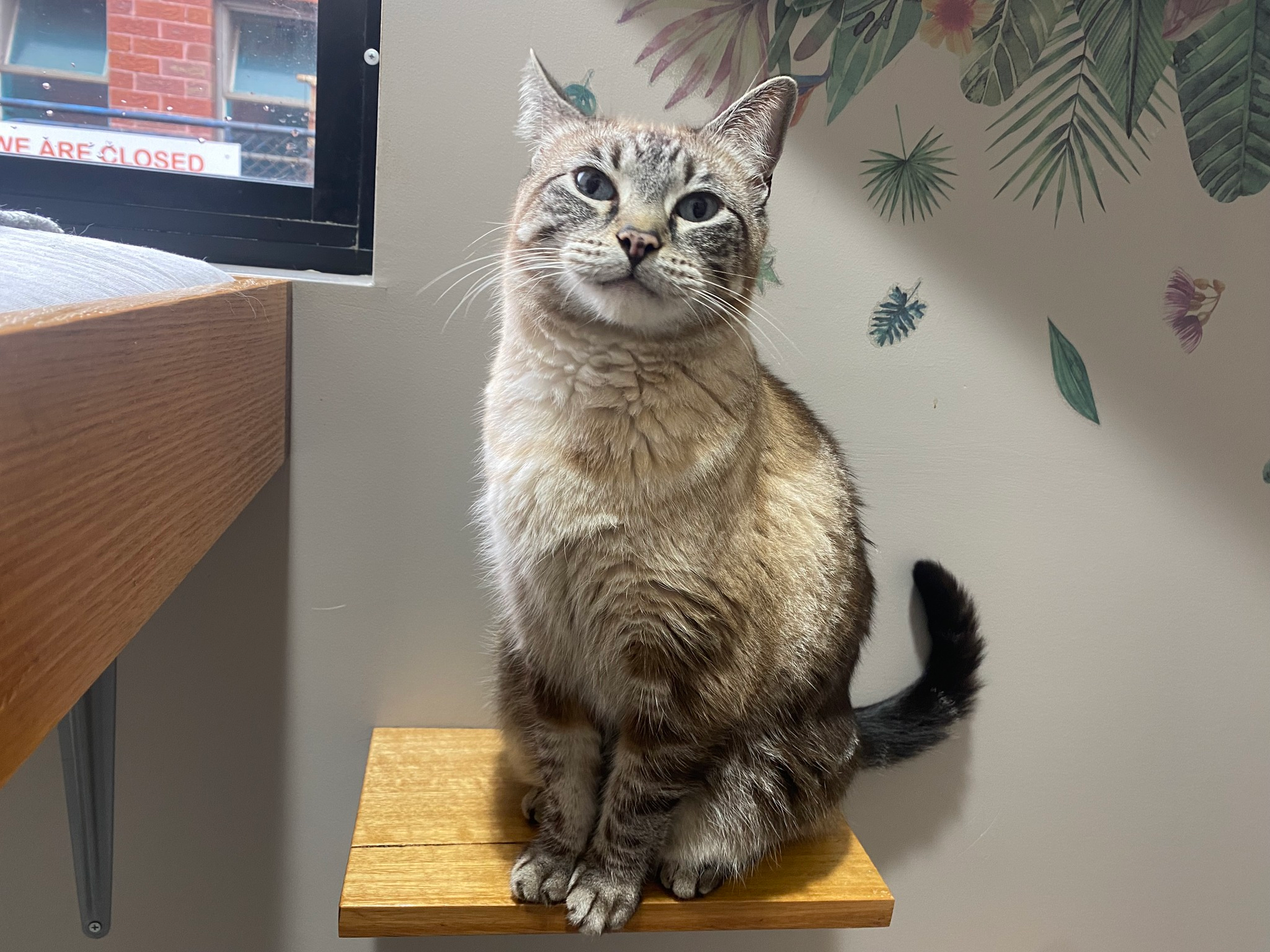
Introducing a new cat into your home can be a step by step process, and it’s important to take the time to do it right. Each cat is unique, and their personalities, past experiences, and individual needs should be taken into consideration when introducing them to a new environment. Here are some general guidelines to help you successfully introduce a new cat into your home:
Prepare a separate living space
Before bringing home your new cat, it’s important to have a separate living space already set up and ready. This can be a spare room, a bathroom or any enclosed space where your new cat can feel safe and secure. Make sure the room is fully equipped with all the necessary resources such as food and water bowls, litter box, scratching post, and comfortable bedding.
This separate space will serve as your new cat’s safe haven while they adjust to their new surroundings. It also allows for gradual introductions between other cats without being forced into close proximity right away.
Also, make sure to thoroughly clean the room before bringing your new cat in. This will remove any previous scents from other animals and create a neutral environment for your new cat.
Gradually introduce scents
Cats rely heavily on their sense of smell, so it’s important to gradually introduce each cat’s scent to the other. You can do this by swapping blankets or toys between the cats’ living spaces, allowing them to get accustomed to each other’s smells before physically meeting.
Another effective method is using a pheromone spray or diffuser, which can help reduce stress and promote calmness in both cats. Plus, it can help create a positive association with each other’s scents.
Use positive reinforcement
Positive reinforcement is key when introducing new cats. This means rewarding both cats for good behaviour and interactions with treats, praise, or playtime. It helps to create positive associations between the cats and reinforces good behaviour.
On the other hand, avoid punishing or scolding your cat for any negative behaviours during this introduction period. This can create further tension and fear between them. Also, make sure to give equal attention and affection to both cats to prevent feelings of jealousy or competition.
Slowly introduce visual contact
Once your new cat has become accustomed to the scents of their new home and resident pets, you can start introducing them visually. This can be done by using a baby gate or screen door to separate the cats but still allow them to see each other.
Start with short periods of time and gradually increase the duration as they become more comfortable with each other’s presence. Make sure to always supervise these interactions and be ready to intervene if any aggression occurs.
Supervise interactions and monitor body language
During this period of introduction, it’s important to closely monitor the body language of both cats to ensure that they are comfortable and not showing signs of aggression or fear. Some common signs to look out for include hissing, growling, raised fur, flattened ears, and a tense body posture.
If you notice any of these behaviours, it’s best to separate the cats again and give them some time apart before trying again. It’s also important to never force physical contact between the cats as this can escalate into a dangerous situation.
Provide individual attention and resources
As your new cat becomes more integrated into your home, make sure to continue providing them with individual attention and resources. Each cat should have their own food and water bowls, litter boxes, toys, and spaces where they can retreat to if needed.
It’s also important to continue building positive relationships between the cats by playing together, giving treats, and showing affection. This will help strengthen their bond and create a harmonious household.
Be patient and give it time
Introducing a new cat into your home is not an overnight process. It takes time for cats to adjust and build relationships with each other. Be patient and don’t rush the process, as this can lead to more stress and tension between the cats.
Every cat is unique, so it’s important to understand that some introductions may take longer than others. But with patience, consistency, and lots of love, you can successfully introduce a new cat into your home and create a loving and peaceful environment for all your pets.
So these were some general guidelines to help you introduce a new cat into your home. Remember, each cat’s individual needs should be taken into consideration and don’t hesitate to seek advice from a veterinarian or animal behaviourist if needed.
How Much Time is Needed for Introducing a New Cat
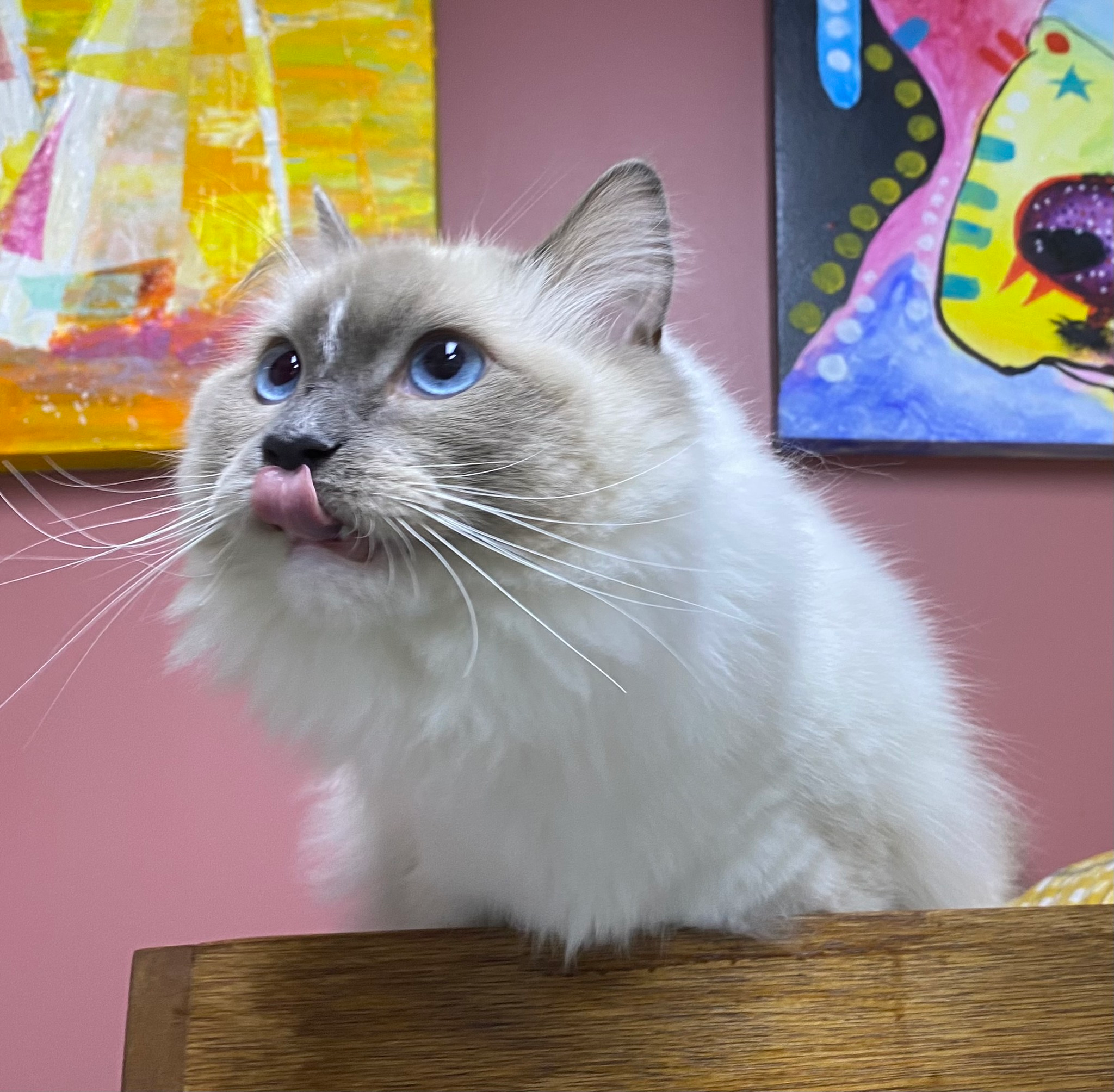
The amount of time needed to successfully introduce a new cat into your home can vary depending on the cats involved. Some cats may take only a few days, while others may need weeks or even months.
It’s important to be patient and not rush the process, as this can lead to more stress and tension between the cats. It’s also crucial to pay attention to their individual behaviours and needs during this period.
Factors that can affect the introduction timeline include age, personality, past experiences, and overall health of both cats. Younger cats tend to adapt more quickly than older ones, while outgoing personalities may adjust easier compared to shy or fearful ones.
If either cat has had negative experiences with other animals in the past, it may take longer for them to feel comfortable and trusting around a new cat. And if either cat is dealing with any health issues, it’s important to address those first before attempting introductions.
It’s also essential to consider the living situation of both cats. For example, if one cat has been a solo pet for a long time, they may not be used to sharing their space with another animal and will need more time to adjust.
Choose Hotel For Cats For Your Next Cat Boarding Stay
Whether you’re heading out of town for a holiday or simply need to be away from home for a few days, finding reliable and comfortable accommodation for your feline friend can be a challenge. Luckily, Hotel For Cats is here to provide the ultimate luxury retreat for your beloved cat.
Our hotel offers secure and comfortable accommodations that cater to the unique needs of cats. From deluxe private suites and enrichment activities to personalised attention from our caring staff, we strive to make your cat’s stay as enjoyable as possible. And during peak periods such as holidays, we offer special rates and minimum stay requirements to ensure availability for all guests.
Book now online, for a stress-free and safe cat boarding experience. Your cat’s health and well-being is our top priority, and we require all cats to be up-to-date on their vaccinations before staying with us.
FAQs
How should I introduce a new cat to my existing cats?
Introducing cats to one another requires patience and care, especially if you have multiple cats at home. Initially, keep the new cat in a separate room (“new cat’s room”) to allow it to adjust without feeling overwhelmed by the presence of the other cats. Use this time to exchange scents between the new cat and the existing cat by swapping bedding or toys. This helps all cats become familiar with each other’s scent before a face-to-face introduction.
What is the best way to help an adult cat adjust to other cats in a new environment?
When introducing an adult cat to other cats, it’s crucial to allow each cat ample space to adjust at their own pace. Begin by allowing the new cat to explore its room thoroughly before gradually letting it roam in the house under supervision. This phased approach helps prevent territorial disputes and eases the stress for the resident cat and the new cat. Use positive reinforcement, like treats and affection, to encourage peaceful interactions and foster a positive relationship.
How can I ensure a smooth introduction of a new cat to an older cat?
To introduce a new cat to an older cat, set up a controlled environment where both can feel safe. Start with short, supervised meetings that allow the two cats to observe each other without physical contact. For most cats, particularly older cats, slow and steady introductions are crucial to avoid any aggressive behaviour. Over time, gradually increase the length of their interactions. Ensuring both cats have their own space and resources can greatly help in reducing tension.
What steps should I take to manage the introduction of two cats when I already have multiple cats?
When introducing two cats in a household with multiple cats, it’s important to give each cat individual attention to prevent jealousy and promote harmony. Let each cat explore the house on their own first, allowing them to become comfortable with the environment. Managing the introduction involves carefully monitoring their interactions and intervening if any signs of aggression appear. Always strive to create a positive environment and reinforce good behaviour to develop a positive relationship among all cats.
Conclusion
Introducing a new cat into your home can be a challenging process, but with the right approach and patience, it can also be a rewarding experience for both you and your pets. By following these guidelines and closely monitoring the interactions between your cats, you can successfully build positive relationships and create a harmonious household for all your furry friends.
And when you need to go away, consider Hotel For Cats for luxurious accommodations and personalised attention for your feline companion. After all, they deserve the best too! So remember to always prioritise their well-being and provide them with love, care, and individual attention in every aspect of their lives.


